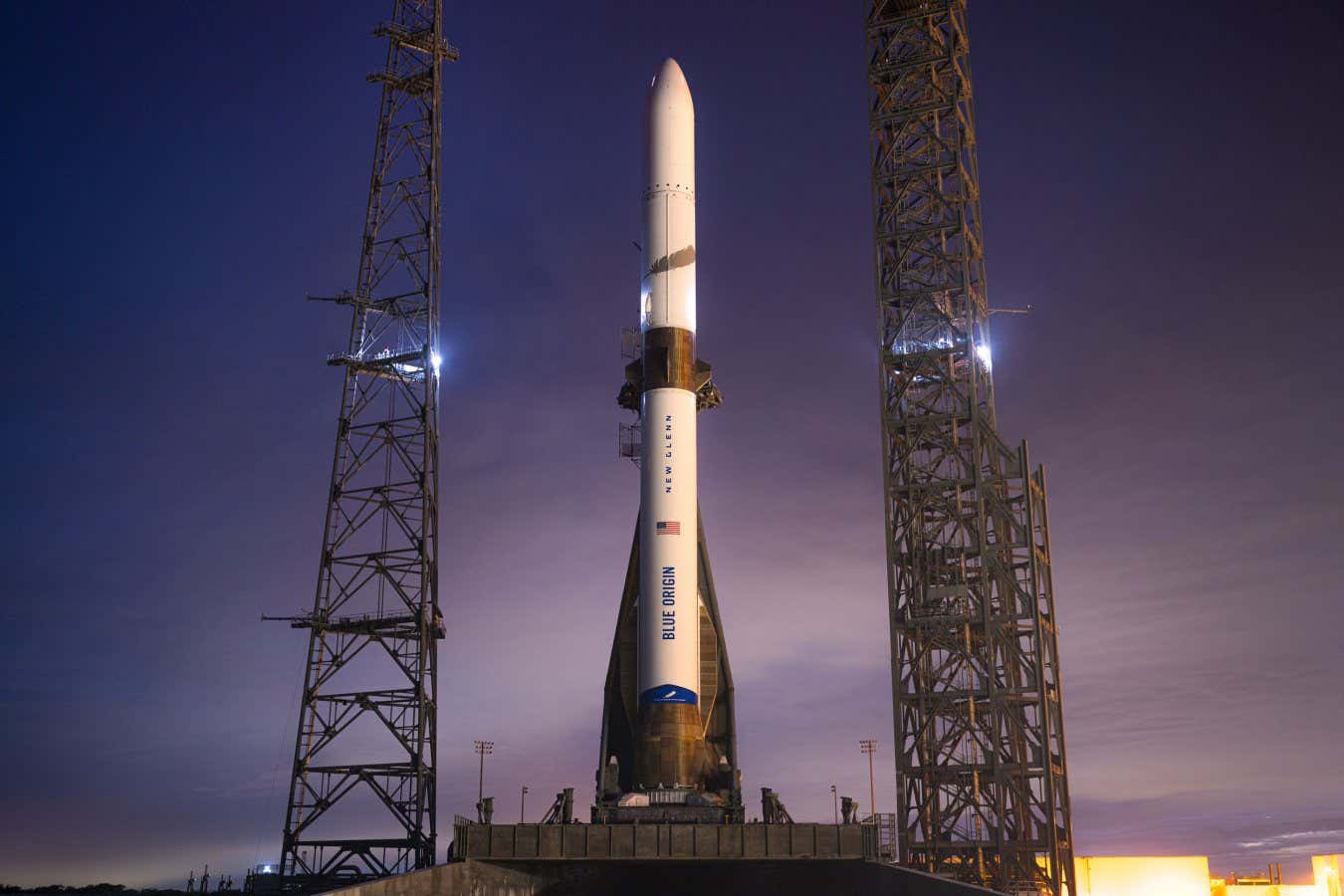Bengaluru-based space technology startup Pixxel, specialising in hyperspectral earth-imaging technology, has signed a memorandum of understanding (MOU) with SIIS Co to supply hyperspectral satellite data in Korea.
The agreement, finalised late last year, during the Satellite Utilisation Conference in Seoul, will see the start-up deliver high-resolution hyperspectral imaging to industries and institutions across the country.
Awais Ahmed, Founder and CEO of Pixxel, said, “This partnership with SIIS marks an exciting opportunity for us. Together, we aim to provide transformative insights that enable end-users across industries to tackle complex challenges. This collaboration reinforces our commitment to building a health monitor for the planet and advancing Earth observation solutions globally.”
This strategic partnership comes at a time when Pixxel is gearing up to launch its Fireflies constellation, consisting of six commercial-grade hyperspectral satellites, in early 2025. Designed to deliver 5-meter resolution, a 40-kilometre swath, and daily revisit capabilities across hundreds of bands, this constellation will provide global coverage and enable industries to access high-fidelity hyperspectral data for a wide range of applications, including agriculture, climate monitoring, and resource management.
Earth observation
Through this partnership, SIIS plans to strengthen its Earth observation business with the launch of its ultra-high-resolution satellite, SpaceEye-T, in March 2025. SpaceEye-T will be Korea’s first private Earth observation satellite capable of delivering 30cm-class ultra-high-resolution spatial information.
Recently, Pixxel closed a $60 million Series B investment from the likes of Google, Radical Ventures, Lightspeed, M&G Catalyst and global growth equity firm Glade Brook Capital Partners. and others.
Founded by Awais Ahmed and Kshitij Khandelwal, the start-up is developing a high-resolution hyperspectral satellite constellation. The company claims to help detect, monitor and predict critical global phenomena across various sectors such as agriculture, oil and gas, mining and environment, by providing up to 50 times richer detail. The homegrown start-up has raised a total of $95 million till date.








Leave a Comment